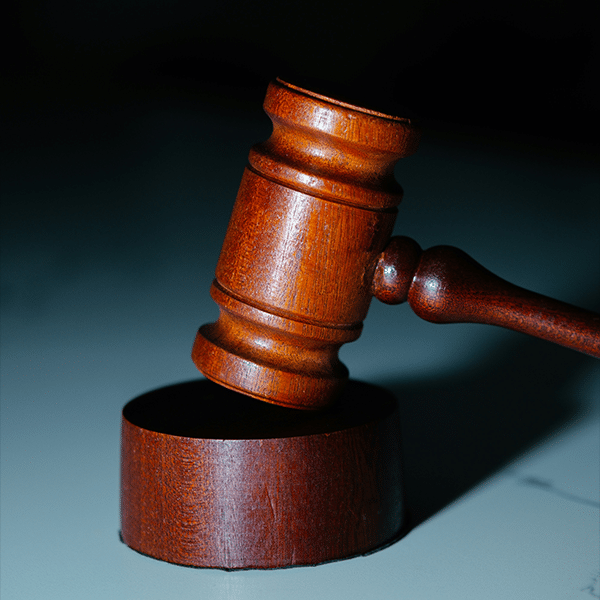 Although it was initially quiet on the topic of Net Neutrality, Google now sees at least one potential benefit of reclassifying broadband as a Title II, or telecommunications service. In a letter to the FCC sent December 30, Google Director of Communications Law Austin C. Schlick noted that if the FCC were to classify broadband as a Title II service, it would give all broadband providers access to utility poles and “other essential infrastructure.”
Although it was initially quiet on the topic of Net Neutrality, Google now sees at least one potential benefit of reclassifying broadband as a Title II, or telecommunications service. In a letter to the FCC sent December 30, Google Director of Communications Law Austin C. Schlick noted that if the FCC were to classify broadband as a Title II service, it would give all broadband providers access to utility poles and “other essential infrastructure.”
Telecommunications and cable TV providers are guaranteed access to certain infrastructure owned by electric, gas, water, steam or other public utilities, at “appropriate fees,” Schlick explained. But companies like Google that offer broadband but are not classified as telecommunications or cable providers are not guaranteed such access and instead sometimes incur additional deployment costs. (In some cases Google offers a video service but it is not traditional cable TV, said Schlick, a former FCC general counsel.)
“Timely and affordable access to available utility infrastructure is essential for rapid, widespread broadband deployment,” wrote Schlick in the letter, in which he also noted that “shared use of existing infrastructure . . . helps to minimize the aesthetic and public safety concerns that arise when new entrants must deploy duplicative poles or dig their own, redundant trenches to build a network.”
Google and Title II
The letter stops short of asking the FCC to reclassify broadband, however. Instead, the letter essentially is a discussion of what Google believes should happen if the FCC should opt to reclassify broadband. Importantly, Google notes that “neither the category of utilities required to make infrastructure available, nor the responsibilities of those utilities” should change.
In other words, Google and other broadband-only providers should gain access to other companies’ infrastructure but should not be required to offer similar access to their own infrastructure.
For years the FCC avoided classifying broadband as a telecommunications service, instead considering it as an information service. Telecom service providers are heavily regulated and, for example, must go through a tariffing process when they change certain prices. Initially the thinking was that broadband should not be subject to such requirements and therefore should be classified as an information service.
The FCC, however, has been rethinking that rationale since an appeals court in early 2014 struck down the Net Neutrality, or Open Internet, rules that the commission had previously put in place. The court said the FCC did not have the authority to impose those rules on broadband service because broadband was an information service, not a telecommunications service. Those rules, among other things, prevented broadband providers from offering an extra-cost service that would prioritize certain traffic
Since the appeals court decision, consumer groups and even President Obama have urged the FCC to classify broadband as a Title II or telecommunications service. Other stakeholders, including traditional telcos, oppose that move.
Google was in an unusual position because as an Internet content provider, it would want to avoid the possibility of having to pay extra for priority service but as a broadband provider, it would not like to be subject to Title II requirements.
Schlick’s letter could be an indication that the company is leaning a bit more toward the pro-Title II side.


